Restoring faith in our national heritage
Australia is being transformed – not by politicians but by cultural, economic and social forces.
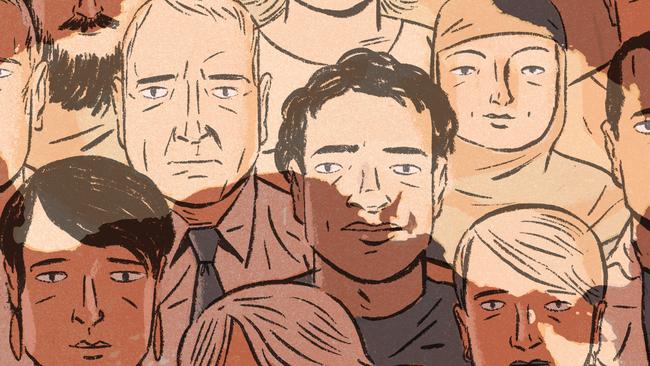
These trends will only intensify in the coming decade. The politicians aren’t really in control of the forces that drive Australia’s directions. More often than not, their task is to manage the change and keep the ship afloat.
To a large extent Australia as a liberal, capitalist, culturally diverse, open economy is propelled by these drivers – operating through individual and collective demand, personal preference, financial need, family aspiration and cultural fashion. This is how a liberal democracy functions. There is no centre of power pulling all the strings.
This is the miracle of liberal democracy – to absorb immense change without system failure. Across half a century Australia has been transformed yet our society has managed change, on the whole, pretty successfully.
There are two landmark events from the census. First, Australia’s standing, despite the pandemic and closed borders, is entrenched as a migrant and multicultural nation with 51.5 per cent of all people born overseas or having a parent born overseas. India is now the third largest country of birth behind Australia and England, with China fourth and New Zealand fifth.
In Australia the nexus has got entrenched between economic progress and multiculturalism. That creates its own momentum, as the Albanese government will discover. With crippling workplace shortages across the board Labor faces pressures to resurrect a substantial immigration intake despite some public reservations engendered by Covid, infrastructure worries and a degree of caution on the size of the program.
Census results show the numbers using a language other than English at home has increased by nearly 800,000 to an astonishing 5.66 million with a worrying 853,000 of this group unable to speak English well or at all. This problem was apparent in heavily ethnic suburbs during the pandemic. It needs to be addressed in settlement policy but also raises the pivotal question about multiculturalism: is Australia managing the balance between unity and diversity? Our high support for multiculturalism is a national asset but overwhelmingly dependent on the sense that Australia’s cohesion and national unity is retained. If this slips the model begins to unravel.
The second landmark is the decline in Christianity in Australia, with fewer than half the population now identifying as Christian. The numbers virtually fell off a cliff during the past five years – from 52.1 per cent in 2016 to 43.9 per cent last year. This constitutes a sea change in Australia’s culture.
Those reporting “no religion” rose to 38.9 per cent compared with 22.3 per cent in 2011. While the religious question is voluntary, it reveals the most singular shift in national characteristics. Those professing no religion went from one-fifth to two-fifths of the population in a decade. The next event may come when those reporting “no religion” pass those identifying as Christian.
Churches have moved from the centre of our public life, religious figures are accorded diminished attention and the Christian faith is challenged in the public square. Rising support for Hinduism and Islam does not compensate for Christianity’s decline. The consequence is apparent: Australia is more divided on the pivotal moral issues, once seen as the bedrock for a stable cultural order.
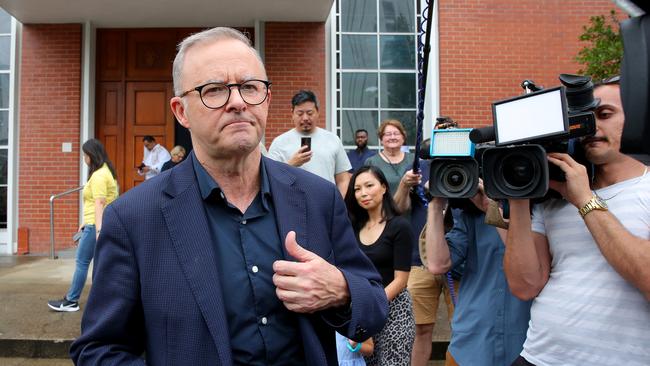
Taking the wider view, Christianity was unchallenged a century ago with 96 per cent of the people identifying as Christian in 1911 – but in recent decades the decline has been steady with the figure in 2011 being 61 per cent. There is a generational factor at work with Christianity distinctly weaker among millennials.
But caution is needed. The long historical view suggests the great religions possess immense recuperative power and Christianity has an underestimated institutional influence in Australia with the potential for revival.
The data on multiculturalism and religion come with a defining challenge – the future success of Australian democracy depends on integrating into a united country people from different cultural backgrounds and different religious backgrounds, including the non-religious.
Yet this model of political liberalism is now under worldwide assault – from the right and left within democracies and from the autocracies where Chinese President Xi Jinping proclaims a superior model of human and political development. Liberalism is founded in equal respect for the individual, regardless of race, ethnicity or religion. But there are now killing agents for political liberalism gaining influence across much of the world, conspicuously within democracies.
In his recent book Liberalism and Its Discontents, Francis Fukuyama describes how conservatives feel threatened by decline in religious influence and the rise in ethnic differences while left-progressives, always searching for a new utopian model, champion identity politics based on race, sex and gender and insist that group identity rights be recognised in law, administration, media and culture.
Given this global context Australia’s role should be apparent – it is to offer a model to the world of a contemporary liberal order, a multicultural, albeit Christian minority, socially diverse country, yet still united enough to retain its national purpose amid geo-strategic adversity. That is a tall order. It might not be achievable. Yet it should be Australia’s mission.
The challenge to the liberal democratic state is most obvious in the US, where Donald Trump tried to usurp the democratic process and seize an election he lost, where its Supreme Court has ignited a national moral struggle over abortion rights and where economic inequality over decades has fuelled open grassroots rebellion.
In contrast with the US, Scott Morrison didn’t declare the recent election stolen. Within 36 hours of the vote Anthony Albanese was sworn in and governing. No crisis, no protests, just goodwill for the new incumbents. There are truckloads of polarisation in Australia but our liberal democracy worked. Yet the growing alienation and mistrust within the system cannot be missed.
In his recent book The Great Experiment, Johns Hopkins University professor Yascha Mounk says the defining experiment of our times is the building of highly diverse democracies that can endure and treat people fairly. This idea is now under massive frontal assault.
Mounk warns of the rising global right-wing ideology based in ethnic majoritarianism, pursued in different ways by Trump, France’s Marine Le Pen, Hungary’s Viktor Orban, India’s Narendra Modi and Turkey’s Recep Tayyip Erdogan among many others.
Mounk says this credo asserts that “the historical success of democracies from Italy to the United States is rooted in their cultural inheritance and ethnic make-up”. That is, ethnic diversity threatens nationalism and democracy. This idea is going to be tested in coming years.
Mounk says if you asked the residents of Stockholm, Vienna or Tokyo five decades ago who truly belonged to their nation they would say someone whose ancestors spoke the same language, belonged to the same ethnic group and perhaps worshipped the same god. Many Australians at that time would have given the same answer.
But for a variety of reasons and in a variety of ways most Western democracies now are diverse and multicultural. For many, this is a relatively new event. Their task is to make that diversity – what Mounk calls an unfolding experiment – succeed in a world marching to the drum of group identity and racial politics. For Australia, the task is to retain our British heritage in our institutions, governance and laws while becoming more multicultural.
The related challenge is more subtle and constitutes the more serious danger – the erosion of the shared moral order on which our democracy was founded. One of the American founding fathers, John Adams, said: “Our constitution was made only for a moral and religious people. It is wholly inadequate to the government of any other.”
CENSUS DATA HUB: A SNAPSHOT OF AUSTRALIA
Those American founders devised a constitution that distributed power across the executive, congress and judiciary to limit excessive power. But they also believed something else – that the American experiment would succeed or fail depending on human virtue.
The first US president, George Washington, said: “Religion and morality are the essential pillars of a civil society.”
The founding fathers had little enthusiasm for Christian theology but they valued Christian tradition. This distinction is pivotal. You don’t need a belief in the Holy Trinity to grasp the civilising role of Christian tradition.
In recent times the great British religious figure and philosopher Rabbi Jonathan Sacks put the issue most clearly: “A free society is a moral achievement. We’ve forgotten that without a shared moral code to which we are all accountable, into which we are all educated and which we have internalised, we will lose trust in our public life on which our very freedom depends.”
Sacks argued that our societies in the evolution of laws, education and norms had abandoned, one after another, the moral principles in the Judaeo-Christian heritage. He, again, likened this to an experiment – but an experiment with a history. Invoking the Greek and Roman civilisations, Sacks said: “We have begun a journey down the road to moral relativism and individualism which no society in history has survived for long. If men and women try to create a society in which there is no fundamental agreement about good and evil, they will fail.”
The backdrop to the demise of Christian religion in the census is no surprise. Every moral axiom on which our shared culture rested is dismantled, disputed or lost – we cannot agree on freedom of speech, on how we should live, on how we should die, on how children should be raised, on what is a woman, on what is a man, on the meaning of marriage, on what our schools should teach, on our nation’s history, on the limits of privacy, on whether religion should be allowed in the public square and, ultimately, on what is virtue.
The public demands more attention to the moral order – but once an issue arises in that moral order there is invariably little real agreement on its settlement.
The point is not that religious people have a superior morality to non-religious people. The point is that the shared basis of the moral order is falling apart. Confronting the US dilemma, American writer George Weigel said: “The first step is to recognise that American politics is in crisis because our public moral culture is in crisis.” Listening to the current hearings about the invasion of the Capitol can anyone doubt this proposition?
It was US Democratic senator Daniel Patrick Moynihan who said: “The central conservative truth is that it is culture, not politics, that determines the success of society.” This statement opens the door to the bigger truth – that it is the Christian heritage that essentially shaped the culture of the democratic West, and the demise of that heritage will inevitably lead to entrenched dispute over culture and the what constitutes a virtuous society.
In his study of the origins of the political order Fukuyama said: “The rule of law in Europe was rooted in Christianity.” It was church law that initially broke down tribal norms by recognising the claims of the soul. This was the revolutionary event. It reveals the universalism of the Christian concept while also revealing its focus on the individual – as distinct from tribe or clan. Christianity asserted the fundamental relationship was between the individual and God. It was this Christian conception that fostered “the brotherhood of man” – an idea that shaped the young Bob Hawke.
What happens when the foundations of the moral order disintegrate? We become more tribal. On display is the contemporary regression to clans, group identities, self-righteous partisans and a media increasingly surrendering to ideological views of the world. It is harder to find common ground.
The threats to the liberal democratic state are accentuated by the digital age and social media. Several years ago billionaire investor George Soros warned that big tech was undermining the open society and threatening human integrity.
“Something very harmful and maybe irreversible is happening to human attention in our digital age,” Soros said. “Social media companies are inducing people to give up their autonomy. The power to shape people’s attention is increasingly concentrated in the hands of a few companies. It takes a real effort to assert and defend what John Stuart Mill called ‘the freedom of the mind’.”
Australia’s capacity to manage a diverse liberal democracy of growing multiculturalism and declining Christian culture won’t be easy – but the omens suggest we are better equipped than most nations to get there. Our practical mindset, common sense, compulsory voting and egalitarian ethos will be vital assets.
The task is to avoid the false prophets of right and left, to prioritise inclusion as the means to national unity, to recognise the value of tradition in our cultural heritage, to end the celebration of individual narcissism, honour the open society and maintain Australia’s record for successful managed change.
This year’s Lowy Institute poll is encouraging. It says nearly seven in 10 Australians say “openness to people from all over the world is essential to who we are as a nation”. This reflects a country with a cosmopolitan outlook as well as a deep sense of national sovereignty, a combination vital to the future.


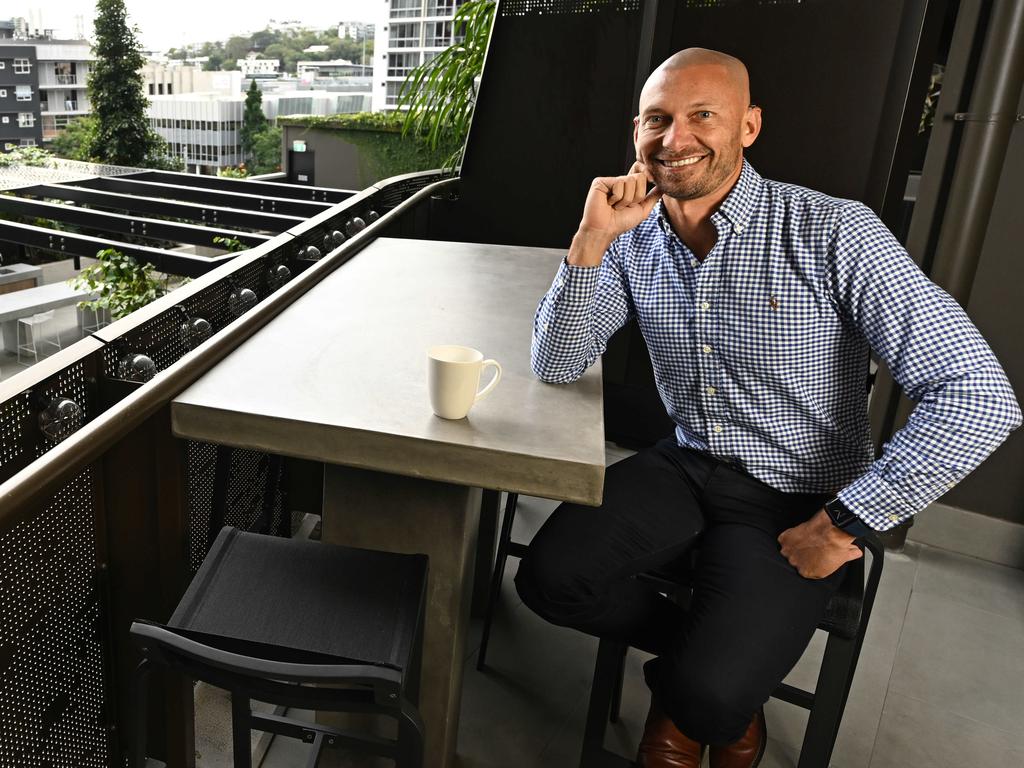

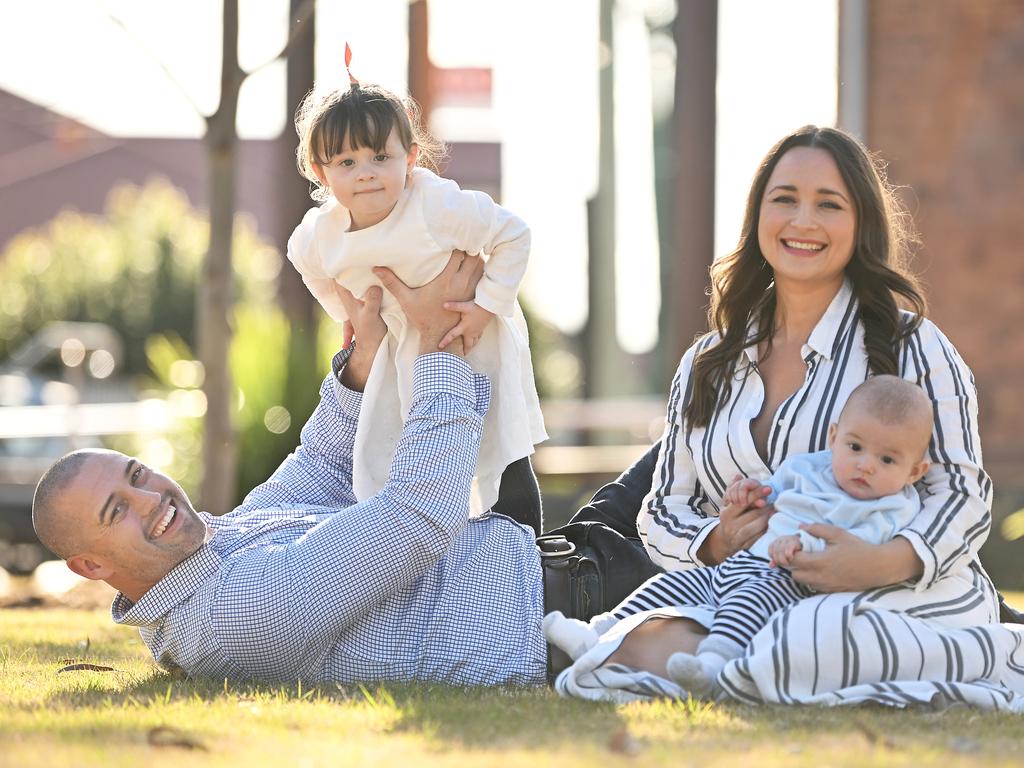

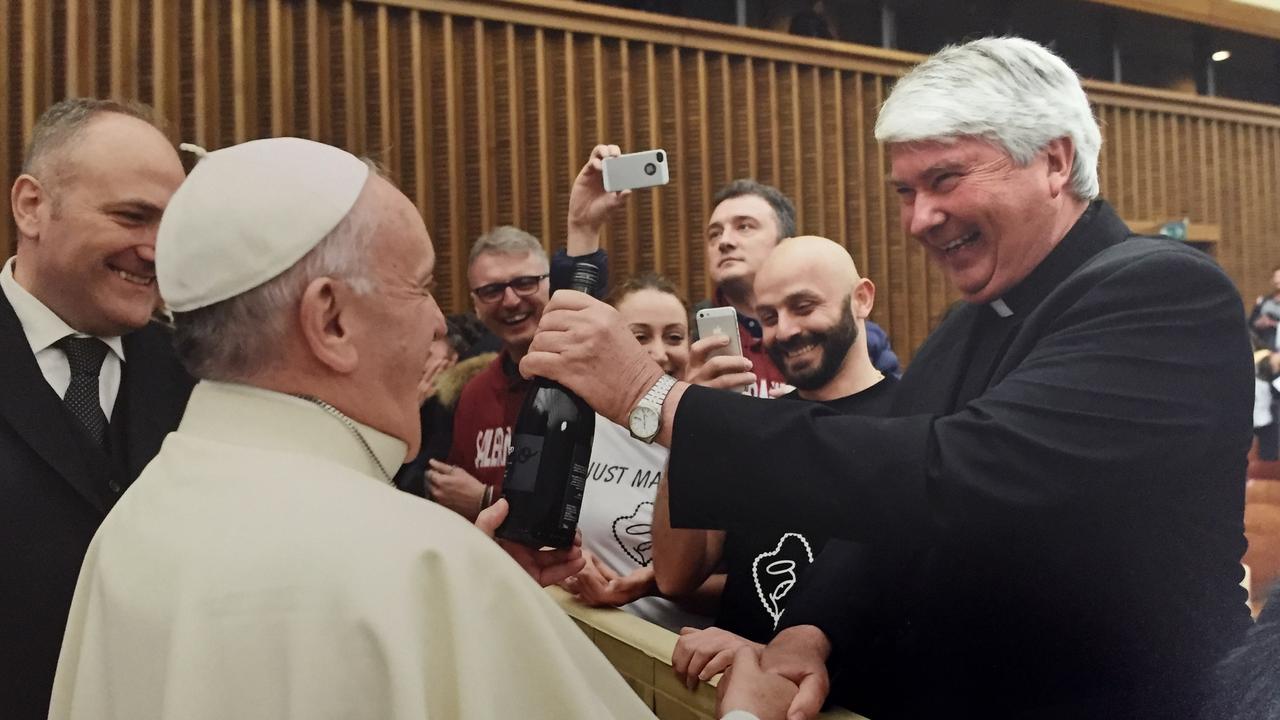
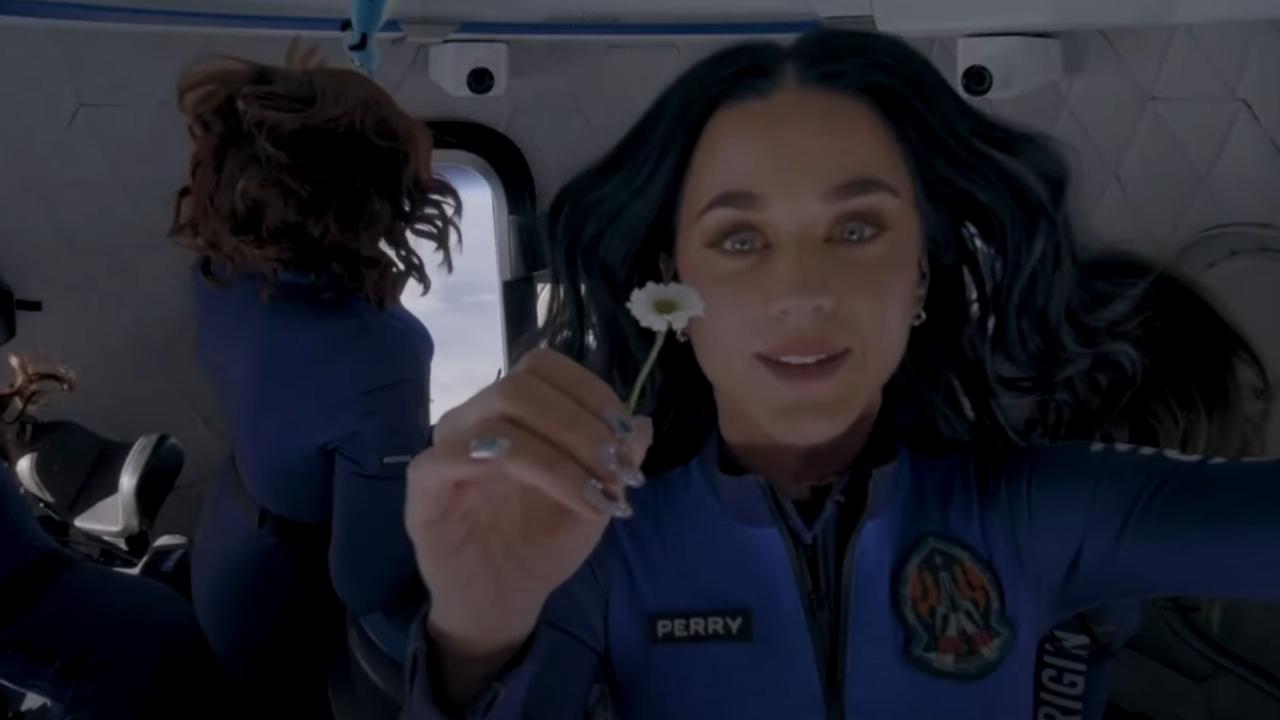
Australia is being transformed – not by politicians but by cultural, economic and social forces – with the latest census revealing a country that is deeply multicultural, less Christian, more shaped by millennials, more influenced by Asia and more fragmented in outlook and beliefs.